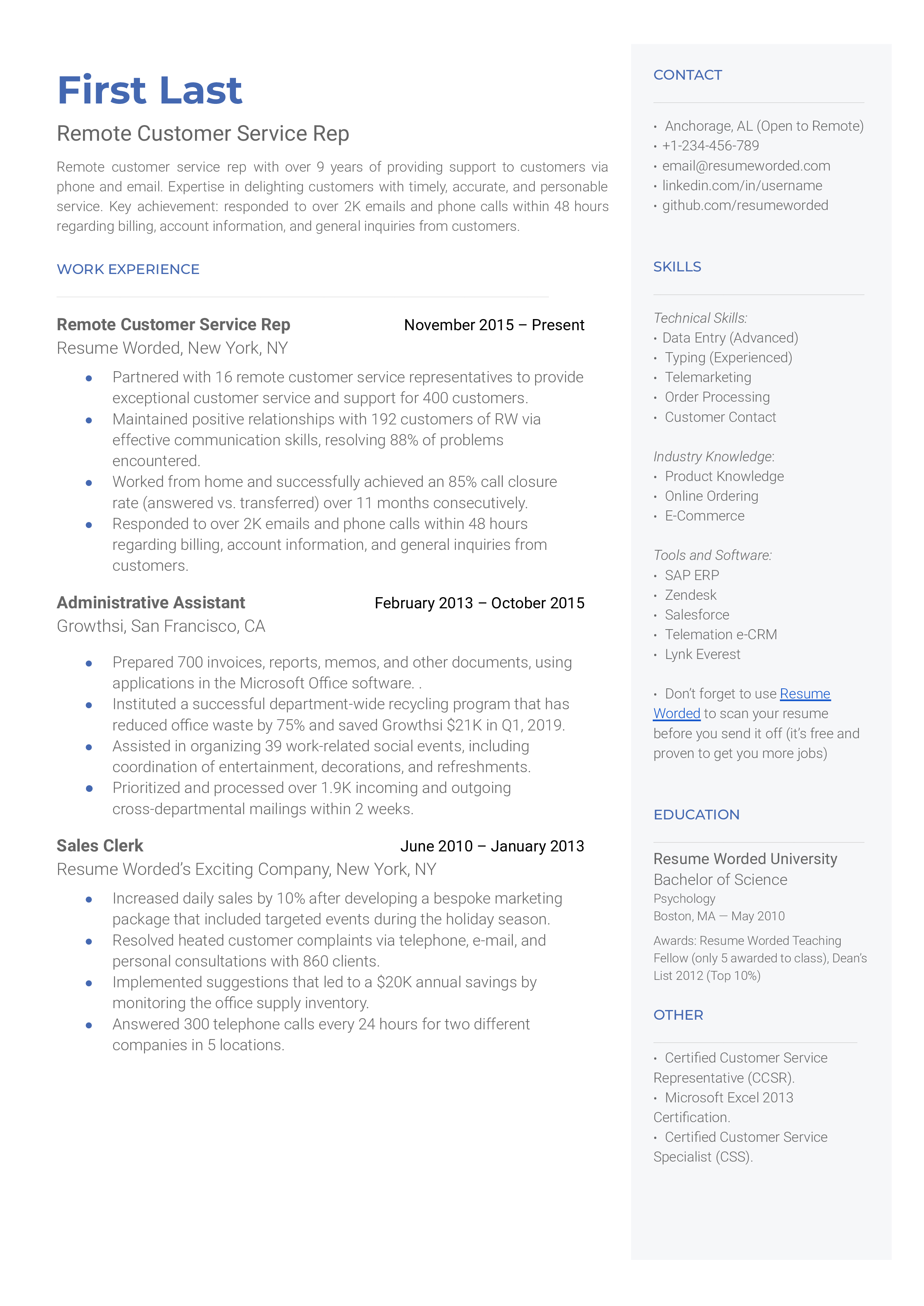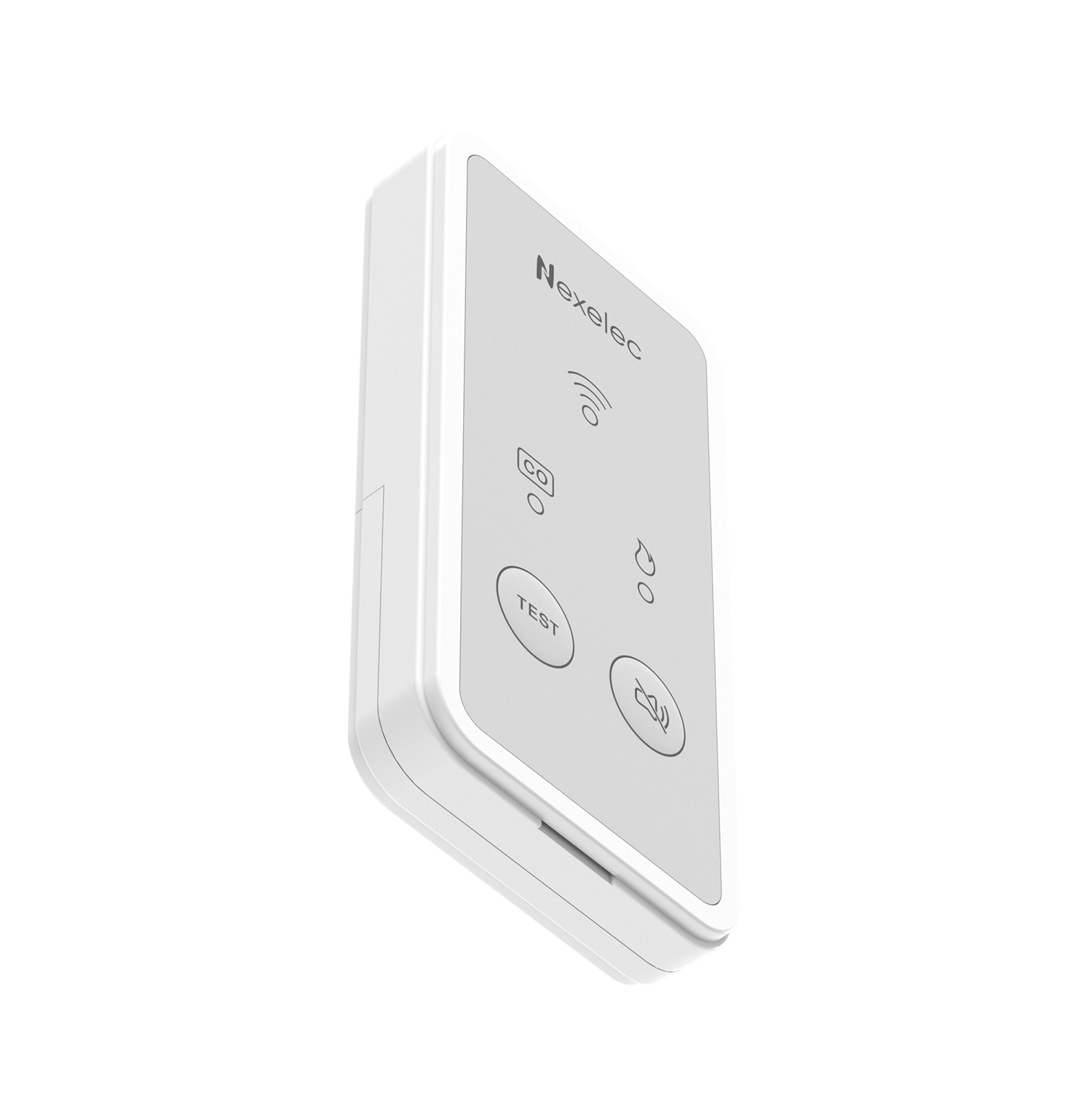In the era of digital transformation, RemoteIoT batch job examples have become indispensable tools for businesses and industries that rely on remote data processing. The ability to handle large datasets efficiently and securely is no longer a luxury but a necessity. RemoteIoT technologies are paving the way for smarter, more scalable solutions that cater to the growing demands of modern enterprises.
As businesses expand their operations across geographical boundaries, the need for reliable remote data processing systems becomes more pronounced. RemoteIoT batch jobs offer a robust solution by automating repetitive tasks, reducing human error, and ensuring consistent performance. This article delves into the intricacies of RemoteIoT batch job examples, offering insights into how they work and why they are critical for businesses today.
Whether you're a developer, an IT professional, or a business owner looking to enhance your data processing capabilities, understanding RemoteIoT batch job examples can provide valuable insights. By the end of this article, you'll have a comprehensive understanding of how RemoteIoT batch jobs can revolutionize your operations and improve efficiency.
Read also:Nicola Philippaerts And Jessica Springsteen Rising Stars In Equestrian Sports
Table of Contents
- Introduction to RemoteIoT Batch Job
- What is RemoteIoT Batch Job?
- Advantages of Using RemoteIoT Batch Jobs
- RemoteIoT Batch Job Examples
- How to Implement RemoteIoT Batch Jobs
- Tools for RemoteIoT Batch Processing
- Security Considerations in RemoteIoT Batch Jobs
- Optimizing Performance of RemoteIoT Batch Jobs
- Common Challenges and Solutions
- Future Trends in RemoteIoT Batch Processing
- Conclusion
Introduction to RemoteIoT Batch Job
RemoteIoT batch jobs represent a significant leap forward in the field of data processing. These systems are designed to handle large-scale data operations without the need for constant human intervention. By leveraging advanced algorithms and remote connectivity, RemoteIoT batch jobs ensure that data is processed accurately and efficiently, even when the source is located miles away.
One of the key benefits of RemoteIoT batch jobs is their ability to scale with the growing demands of businesses. As companies expand their operations, the volume of data they need to process increases exponentially. Traditional data processing methods often struggle to keep up with this demand, leading to bottlenecks and inefficiencies. RemoteIoT batch jobs eliminate these issues by providing a scalable and reliable solution.
Furthermore, RemoteIoT batch jobs are highly customizable. Businesses can tailor these systems to meet their specific needs, ensuring that they get the most out of their data processing operations. From automating routine tasks to analyzing complex datasets, RemoteIoT batch jobs offer a versatile solution that can adapt to a wide range of applications.
What is RemoteIoT Batch Job?
A RemoteIoT batch job refers to a series of automated tasks executed in a sequential manner to process large volumes of data remotely. Unlike real-time processing, batch jobs are designed to handle data in bulk, making them ideal for scenarios where immediate results are not required. Instead, these jobs focus on accuracy, consistency, and scalability, ensuring that data is processed efficiently and reliably.
Key Features of RemoteIoT Batch Jobs
- Automation: RemoteIoT batch jobs automate repetitive tasks, freeing up human resources for more critical activities.
- Scalability: These systems can handle large datasets with ease, scaling up or down depending on the workload.
- Remote Connectivity: By leveraging IoT technologies, RemoteIoT batch jobs can process data from remote locations, ensuring that businesses can access information from anywhere in the world.
- Customization: Businesses can tailor RemoteIoT batch jobs to meet their specific needs, ensuring optimal performance and efficiency.
Advantages of Using RemoteIoT Batch Jobs
Implementing RemoteIoT batch jobs offers numerous advantages for businesses looking to enhance their data processing capabilities. Below are some of the key benefits:
1. Improved Efficiency
RemoteIoT batch jobs automate routine tasks, reducing the time and effort required to process large datasets. This leads to improved efficiency and productivity, allowing businesses to focus on more strategic activities.
Read also:Is Dana Perino Ill Exploring The Health Status Of A Prominent Political Figure
2. Cost Savings
By automating data processing tasks, businesses can reduce their reliance on manual labor, leading to significant cost savings. Additionally, RemoteIoT batch jobs can optimize resource utilization, further reducing operational expenses.
3. Enhanced Accuracy
Human error is a common issue in data processing operations. RemoteIoT batch jobs eliminate this problem by ensuring that data is processed consistently and accurately, leading to better decision-making and improved outcomes.
RemoteIoT Batch Job Examples
RemoteIoT batch jobs are used across a wide range of industries, from manufacturing to healthcare. Below are some real-world examples of how these systems are transforming data processing:
1. Manufacturing
In the manufacturing sector, RemoteIoT batch jobs are used to monitor production lines and analyze performance data. By processing this data remotely, businesses can identify inefficiencies and implement corrective measures in real-time.
2. Healthcare
RemoteIoT batch jobs are revolutionizing the healthcare industry by enabling remote monitoring of patient data. This allows healthcare providers to make informed decisions and deliver better care to patients, even when they are located in remote areas.
3. Finance
In the financial sector, RemoteIoT batch jobs are used to process large volumes of transaction data. By automating this process, businesses can ensure compliance with regulatory requirements and detect potential fraud more effectively.
How to Implement RemoteIoT Batch Jobs
Implementing RemoteIoT batch jobs requires careful planning and execution. Below are the key steps involved in setting up these systems:
1. Define Objectives
Before implementing RemoteIoT batch jobs, it's essential to define your objectives clearly. This will help you determine the scope of the project and identify the specific requirements for your business.
2. Choose the Right Tools
Selecting the right tools and technologies is critical for the success of your RemoteIoT batch job implementation. Consider factors such as scalability, compatibility, and ease of use when making your decision.
3. Test and Optimize
Once your RemoteIoT batch job system is in place, it's important to test it thoroughly to ensure that it meets your expectations. Use this opportunity to optimize performance and make any necessary adjustments.
Tools for RemoteIoT Batch Processing
Several tools and platforms are available for implementing RemoteIoT batch jobs. Some of the most popular options include:
1. Apache Hadoop
Apache Hadoop is a widely used framework for processing large datasets. Its distributed architecture makes it ideal for RemoteIoT batch processing applications.
2. AWS Batch
AWS Batch is a cloud-based service that simplifies the process of running batch computing workloads. It integrates seamlessly with other AWS services, making it a popular choice for businesses looking to implement RemoteIoT batch jobs.
3. Google Cloud Dataflow
Google Cloud Dataflow is a fully managed service for batch and stream data processing. It offers a scalable and flexible solution for businesses looking to implement RemoteIoT batch jobs.
Security Considerations in RemoteIoT Batch Jobs
Security is a critical concern when implementing RemoteIoT batch jobs. Below are some best practices to ensure the security of your data processing operations:
1. Data Encryption
Encrypting data both in transit and at rest is essential for protecting sensitive information. Use strong encryption protocols to ensure the highest level of security.
2. Access Control
Implementing strict access controls is crucial for preventing unauthorized access to your RemoteIoT batch job systems. Use role-based access control (RBAC) to ensure that only authorized personnel can access sensitive data.
3. Regular Audits
Conducting regular security audits is an effective way to identify potential vulnerabilities and address them before they become serious issues. Use automated tools to streamline the auditing process and ensure compliance with security standards.
Optimizing Performance of RemoteIoT Batch Jobs
Optimizing the performance of RemoteIoT batch jobs is essential for ensuring that they meet your business needs. Below are some strategies for improving performance:
1. Resource Allocation
Proper resource allocation is critical for optimizing the performance of RemoteIoT batch jobs. Use resource management tools to allocate computing resources efficiently and avoid bottlenecks.
2. Parallel Processing
Parallel processing can significantly improve the performance of RemoteIoT batch jobs by allowing multiple tasks to be executed simultaneously. Use this technique to reduce processing times and improve efficiency.
3. Load Balancing
Implementing load balancing strategies can help distribute workloads evenly across your RemoteIoT batch job systems, ensuring optimal performance and minimizing downtime.
Common Challenges and Solutions
While RemoteIoT batch jobs offer numerous benefits, they also come with their own set of challenges. Below are some common challenges and solutions:
1. Data Integration
Integrating data from multiple sources can be a complex task. Use data integration tools to streamline this process and ensure that all data is processed consistently and accurately.
2. Scalability
Scaling RemoteIoT batch job systems to meet growing demands can be challenging. Invest in scalable technologies and platforms to ensure that your systems can handle increasing workloads without compromising performance.
3. Maintenance
Maintaining RemoteIoT batch job systems requires ongoing effort and resources. Develop a comprehensive maintenance plan to ensure that your systems remain up-to-date and functioning optimally.
Future Trends in RemoteIoT Batch Processing
The future of RemoteIoT batch processing looks promising, with several emerging trends set to shape the industry. Below are some of the key trends to watch:
1. Edge Computing
Edge computing is gaining traction as a way to process data closer to the source, reducing latency and improving performance. This trend is likely to have a significant impact on RemoteIoT batch processing in the coming years.
2. Artificial Intelligence
Artificial intelligence (AI) is increasingly being used to enhance RemoteIoT batch processing systems. By leveraging AI, businesses can improve the accuracy and efficiency of their data processing operations.
3. Blockchain
Blockchain technology is being explored as a way to enhance the security and transparency of RemoteIoT batch processing. This could lead to more secure and reliable systems in the future.
Conclusion
RemoteIoT batch job examples have become essential tools for businesses looking to enhance their data processing capabilities. By automating repetitive tasks, reducing human error, and ensuring consistent performance, these systems offer a scalable and reliable solution for modern enterprises. As technology continues to evolve, the potential applications of RemoteIoT batch jobs are likely to expand, offering even more benefits for businesses across a wide range of industries.
We encourage you to explore the possibilities of RemoteIoT batch jobs and consider implementing them in your own operations. If you have any questions or would like to share your experiences, feel free to leave a comment below. Additionally, don't forget to share this article with your colleagues and explore other resources on our website to learn more about RemoteIoT technologies.


